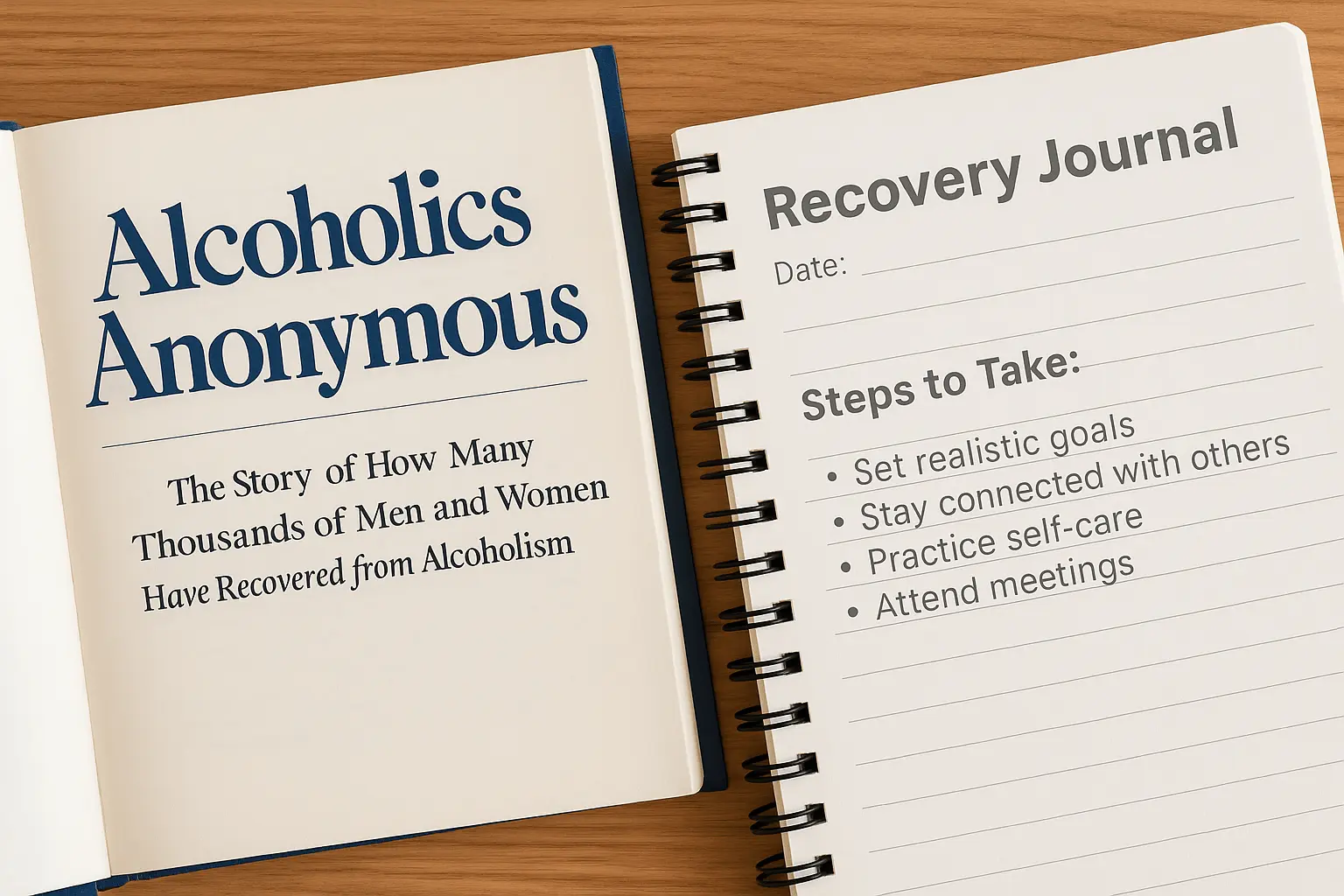Is AA and Recovery the Same Thing? Understanding the Difference
When someone begins their journey toward sobriety, two terms often come up: Alcoholics Anonymous (AA) and recovery. While they are closely related, they are not the same thing. Understanding the difference between AA and recovery can help individuals choose the right path—or combination of paths—for their unique needs.
What is Alcoholics Anonymous (AA)?
Alcoholics Anonymous is a globally recognized, peer-led support group that follows a 12-step program to help individuals overcome alcohol addiction. Founded in 1935, AA offers a safe and non-judgmental environment where people can share experiences, find accountability, and receive encouragement from others who understand the challenges of addiction.
AA meetings are free, open to anyone with a desire to stop drinking, and are available in almost every city worldwide. While AA focuses primarily on alcohol addiction, the principles of the 12 steps have been adapted for other substance use disorders as well.
What is Recovery?
Recovery is a broader, more personalized process that goes beyond attending meetings. It includes all the strategies, therapies, and lifestyle changes a person adopts to maintain long-term sobriety and improve their overall well-being. Recovery may involve:
Therapy or counseling to address underlying issues
Medical treatment or detox programs
Holistic practices such as meditation, yoga, and nutrition planning
Support groups like AA, SMART Recovery, or other community programs
Recovery is unique to each individual—it’s about building a healthier, more balanced life free from alcohol or drugs.
Key Differences Between AA and Recovery

While AA can be a part of recovery, it is not the entirety of it. Here’s how they differ:
Scope – AA is a specific program; recovery can include AA plus many other approaches.
Structure – AA follows the 12-step framework; recovery may combine therapy, medication, and alternative support systems.
Personalization – Recovery is tailored to the individual’s needs, while AA meetings are more uniform in structure.
Focus – AA emphasizes community support and spiritual growth; recovery can address physical health, mental well-being, and lifestyle transformation.
Can You Have Recovery Without AA?
Yes—many people achieve lasting sobriety without participating in AA. Alternatives such as SMART Recovery, LifeRing Secular Recovery, and therapist-led programs can be effective for those who prefer a different approach. However, some individuals find that combining AA with other recovery tools provides the strongest foundation for long-term success.
Why the Confusion Between AA and Recovery?
The confusion often arises because AA has been so influential in the addiction recovery space for decades. Many people’s first introduction to sobriety support comes through AA meetings, leading to the assumption that AA and recovery are interchangeable. In reality, AA is just one pathway—recovery is the bigger picture.

AA and recovery are not the same thing, but they can work hand in hand. AA offers valuable peer support and a structured program, while recovery encompasses a wide range of personal growth strategies. The best path forward depends on your preferences, needs, and commitment to long-term sobriety.